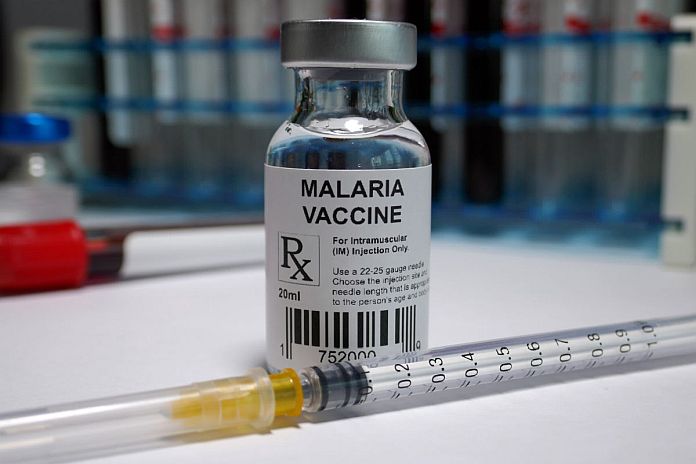In a groundbreaking move, the Republic of Cameroon has joined the ranks of 20 African nations embarking on a large-scale deployment of the malaria vaccine drug in 2024. The Global Vaccine Alliance reported that Cameroon officially commenced the world’s inaugural routine vaccine program against malaria on Monday.
The malaria vaccine, RTS,S, crafted by British pharmaceutical giant GlaxoSmithKline (GSK), received the World Health Organization’s endorsement in July 2022. Notably, this vaccine launch represents a pivotal step in the global fight against malaria, a disease that disproportionately affects African nations.
Despite its significance, Nigeria found itself excluded from the initial allocation of 18 million doses of the vaccine from 2023 to 2025, even though the country accounts for 31.3% of malaria-related deaths worldwide. Investigations by PUNCH Healthwise revealed that Nigeria’s failure to meet the application deadline in January last year led to its disqualification from the allocation.
The RTS,S vaccine underwent rigorous trials in Ghana, Kenya, and Malawi. It targets P. falciparum, the deadliest strain of malaria transmitted by anopheles mosquitoes, prevalent in Africa. The vaccination protocol involves administering four doses to children aged five months and above, starting around the age of five months.
Developed over nearly four decades, the RTS,S vaccine by GSK received funding in 2001 to address malaria in young children. Despite its relatively modest efficacy, reducing the risk of severe malaria by around 30%, concerns have been raised about the logistical challenges of administering multiple doses, particularly in remote areas.
GSK’s 2015 large-scale clinical trial results underscored the vaccine’s impact, with potential effectiveness possibly increasing if administered just before the malaria season. However, the World Health Organization estimates a significant demand for 40-60 million doses annually by 2026, escalating to 80-100 million by 2030.
While initial demand is expected to outstrip supply, the imminent rollout of a second vaccine, such as the R21 vaccine developed by Oxford University and pre-qualified by the WHO in December, offers hope for easing supply pressures. GAVI, the Vaccine Alliance, suggests that the R21 vaccine could potentially be launched in May or June of this year.
This momentous step by Cameroon and other African nations marks a crucial stride in the ongoing battle against malaria, a disease that has long plagued the continent.




